Senior Developers For Marvel’s Guardians Of The Galaxy Have “No Regrets,” Optimistic Game Is “Finding Its Audience”
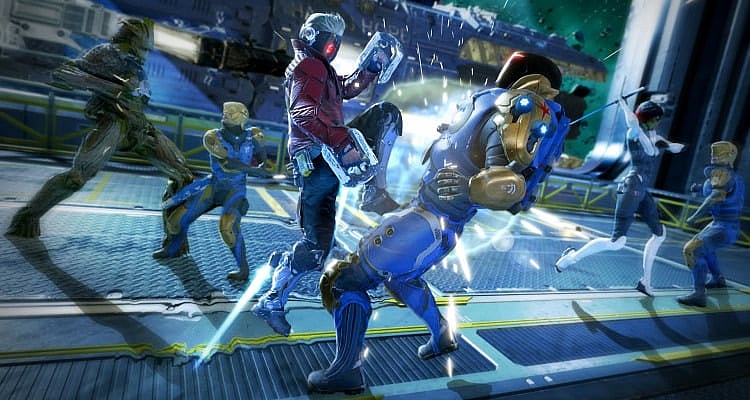
A number of senior developers who worked on Marvel’s Guardians of the Galaxy say they have “no regrets” regarding their work on the title, with some even claiming that the game is slowly but surely “finding its audience”.
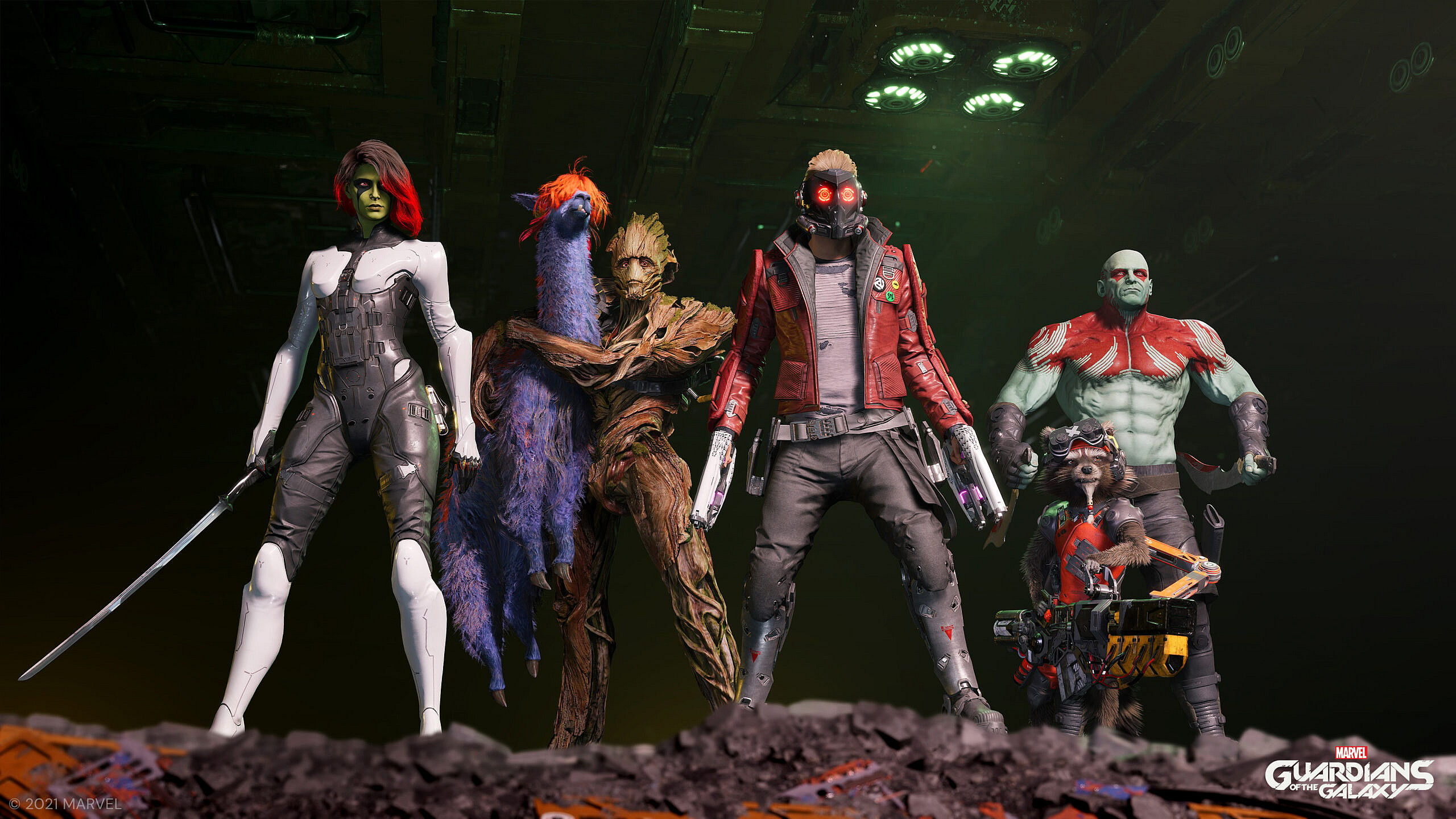
Prior to the UK’s recent BAFTA Video Game Awards, several of Marvel’s Guardians of the Galaxys developers spoke to Eurogamer in reflection of their experience working on the licensed comic book title.
Senior Creative Director Jean-Francois Dugas offered battered pride in bringing the rag-tag sci-fi heroes to video games, telling the outlet, “I think it’s a great ride. It’s emotional. It has a lot of qualities.”
“Is the game perfect? Like any game, no, I don’t think it’s perfect,” Dugas opened. “It can always be better.”
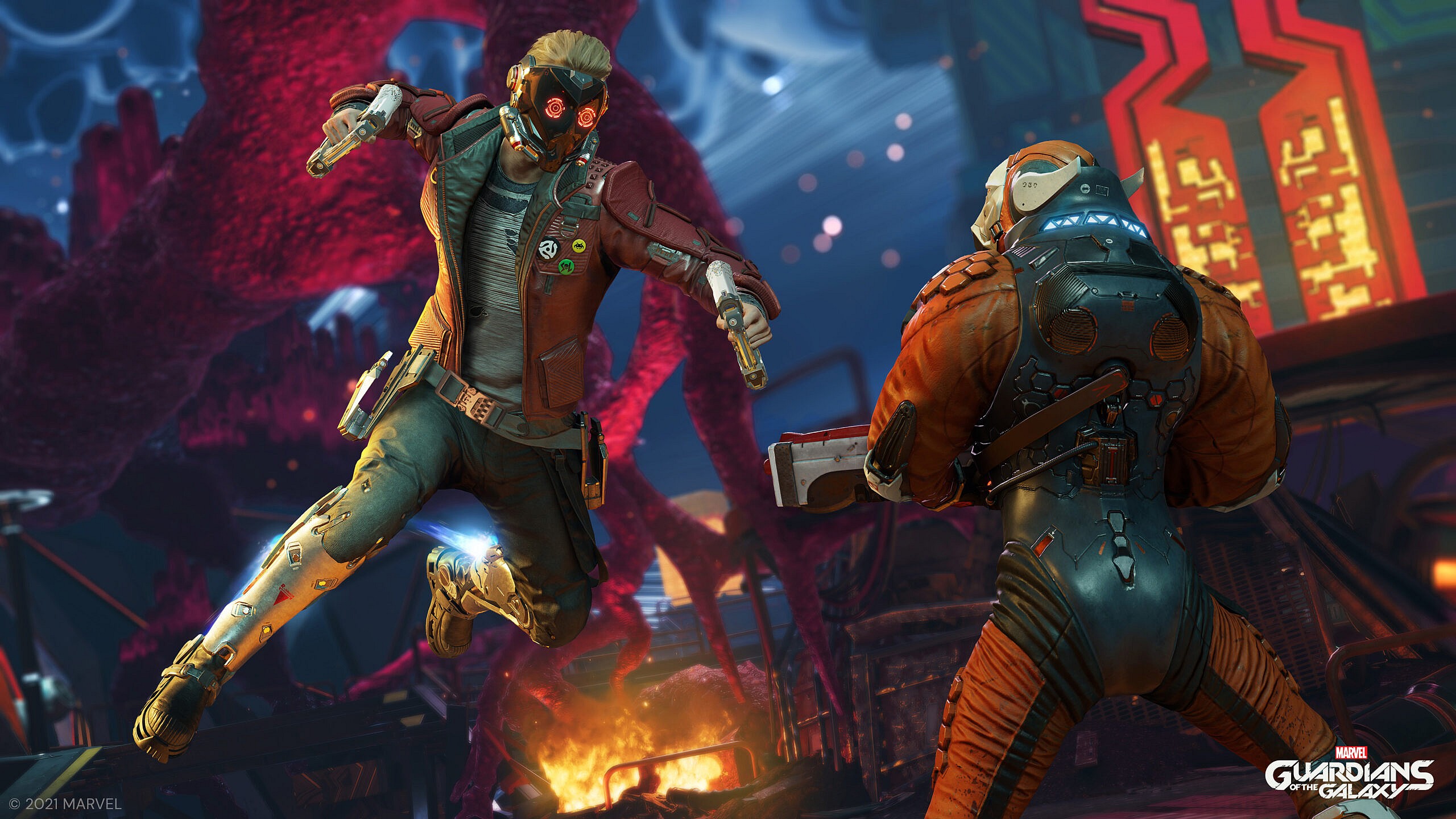
“But is it a great ride? And is it something this year or last year that you played that is unlike everything else? And is it worth spending your time on?” Dugas rhetorically asked. “I honestly think it is, from a game standpoint.”
He then absolved, “I have no regrets. We did everything we could but that’s the reality of the market… And let’s not forget it’s a new IP.”
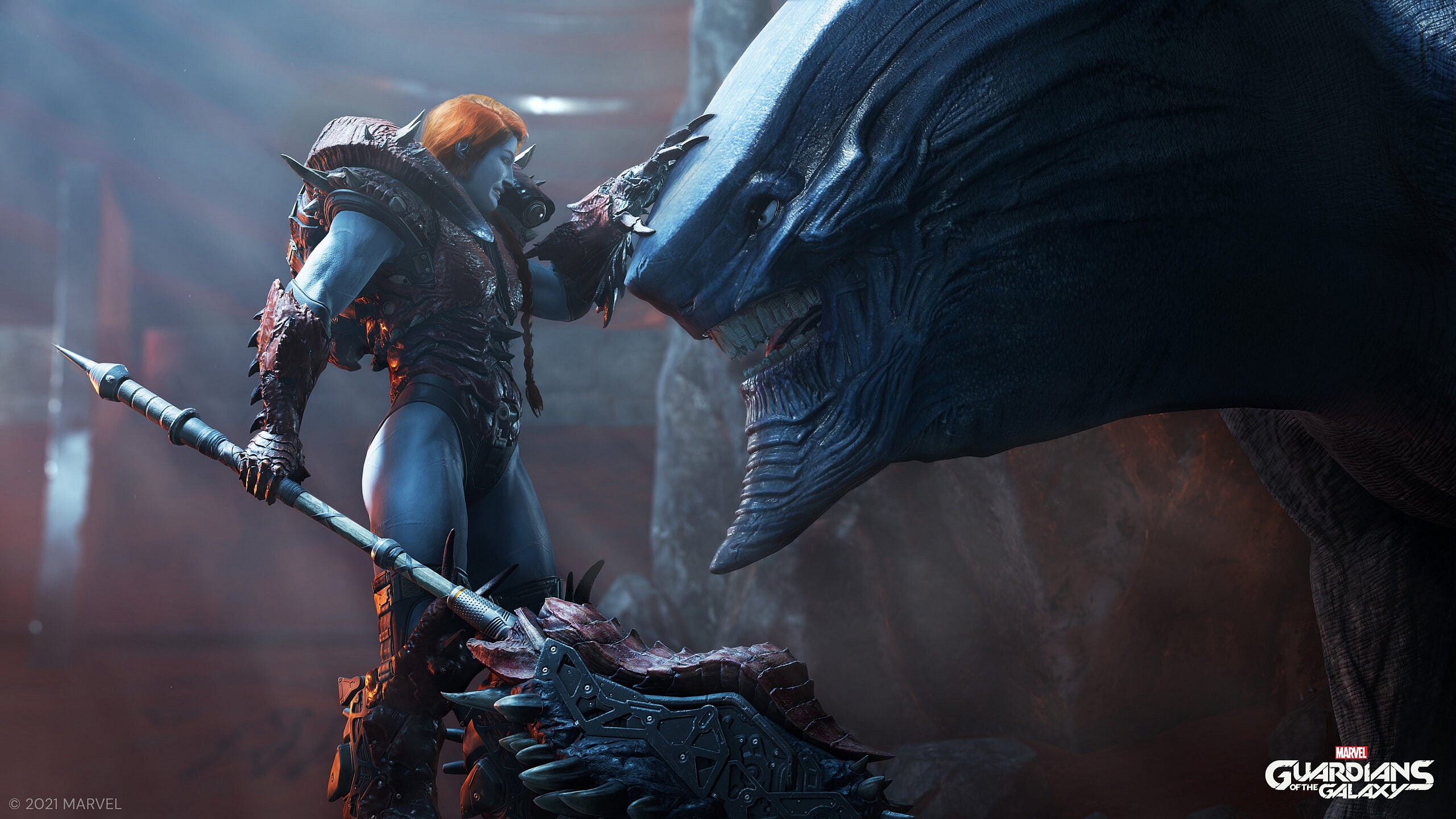
“Even though we say all ‘Guardians [of the Galaxy] are known’, it’s still a new IP [in the video game market],”Dugas reminded. “It could be a lot of people don’t even know that the game is out yet, or they’re not sure exactly what it is.”
Further, in his view, elements such as the game arriving on Xbox Game Pass and general discussions among players as having improved the games’ notoriety.
“It’s like anything,” he confessed, laughing. “We always want to sell trillions but it’s not always necessarily as easy as that.”

Senior Narrative Director Mary DeMarle painted a more positive picture, focusing on the game’s present rather than its past.
“For me, it’s all about creating the game,” she said. “What I love right now is that people, especially with Games Pass, are playing it and they’re sharing the experience.
“We make games to touch people, we make games to hit an audience,” DeMarle elucidated. “And it’s great that it’s finding its audience, and it’s great that it keeps going forward.”
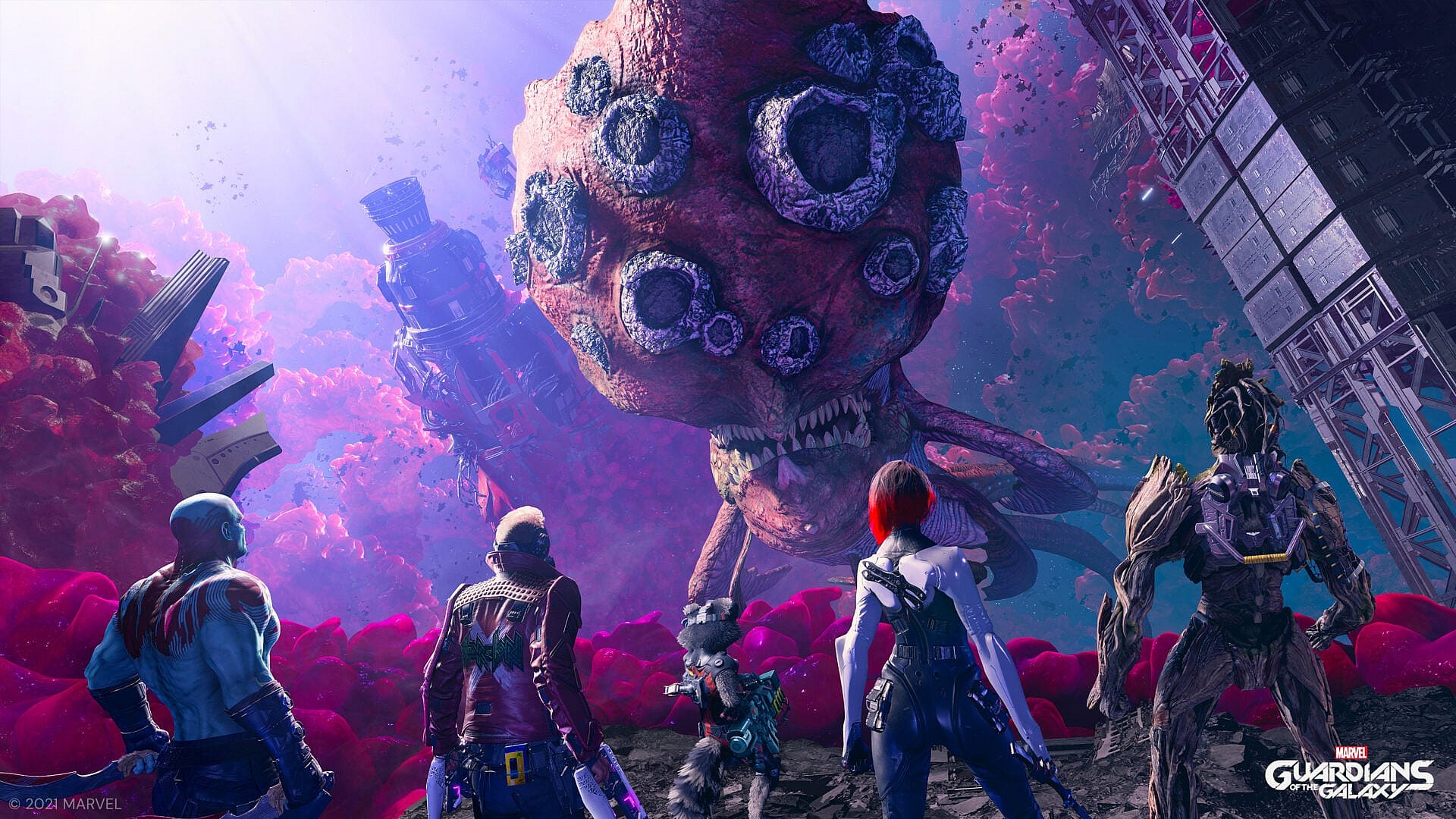
When asked about a potential sequel, Dugas and DeMarle both offered offer glass half-empty perspectives on the idea.
“Right now, we’re not talking about the future,” the former cautioned. “Because every time we close a project, that’s a time to pull down, wrap up and take some vacations.”
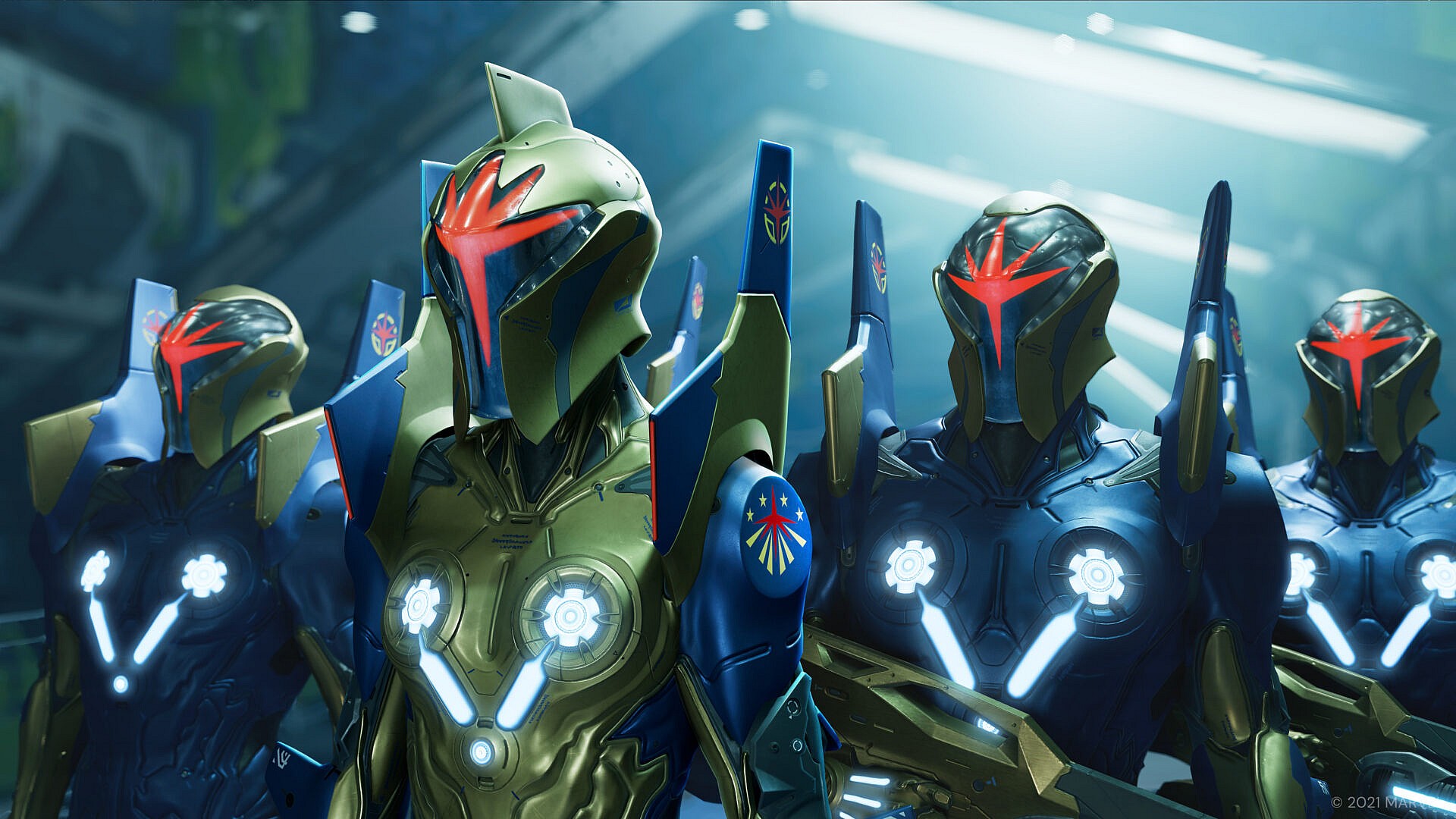
Noting that he “had ideas” about where the Guardians could go next, he ultimately surmised, “So, I guess we’ll know in the future months or years what we’re going to work on next, so we’ll see.”
“Never say never, and never say anything,” Dugas playfully teased.

Likewise, DeMarle obscured, “I don’t like to give anything away for the future. I will say that, working on the game, these characters became very dear to me and to the writing team.”
“And we were sad to say goodbye when they were finished,” she added. “But you know, now we’re seeing what happens out there in the world.”
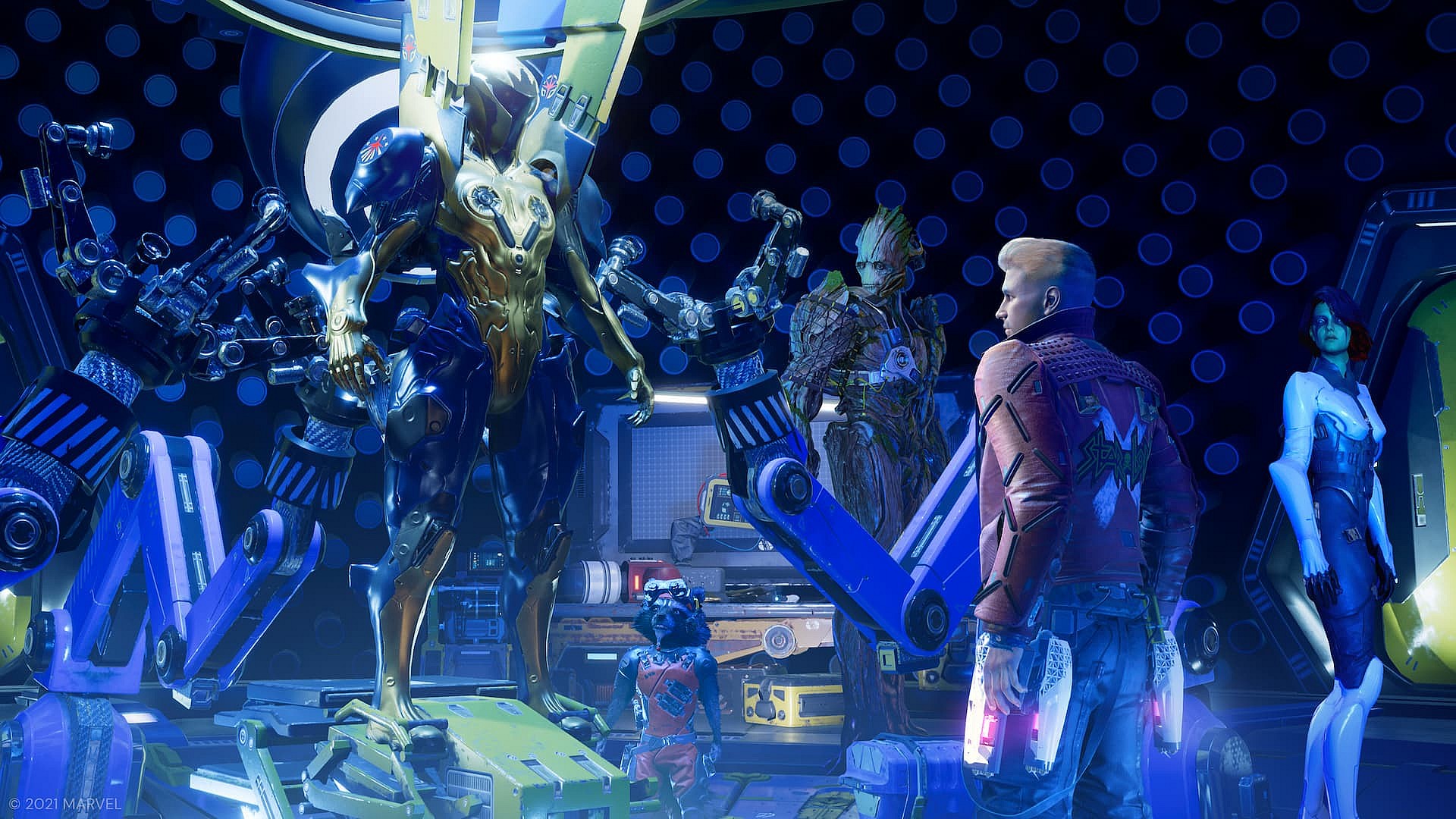
Regarding the game’s performance, Square Enix President Yosuke Matsuda previously admitted that “Despite strong reviews, the game’s sales on launch undershot our initial expectations.”
Yet, like DeMarle and Dugas, Matsuda was optimsitic towards the game’s long-term growth, asserting, “However, sales initiatives that we kicked off in November 2021 and continued into the new year have resulted in sales growth, and we intend to work to continue to expand sales to make up for the title’s slow start.”
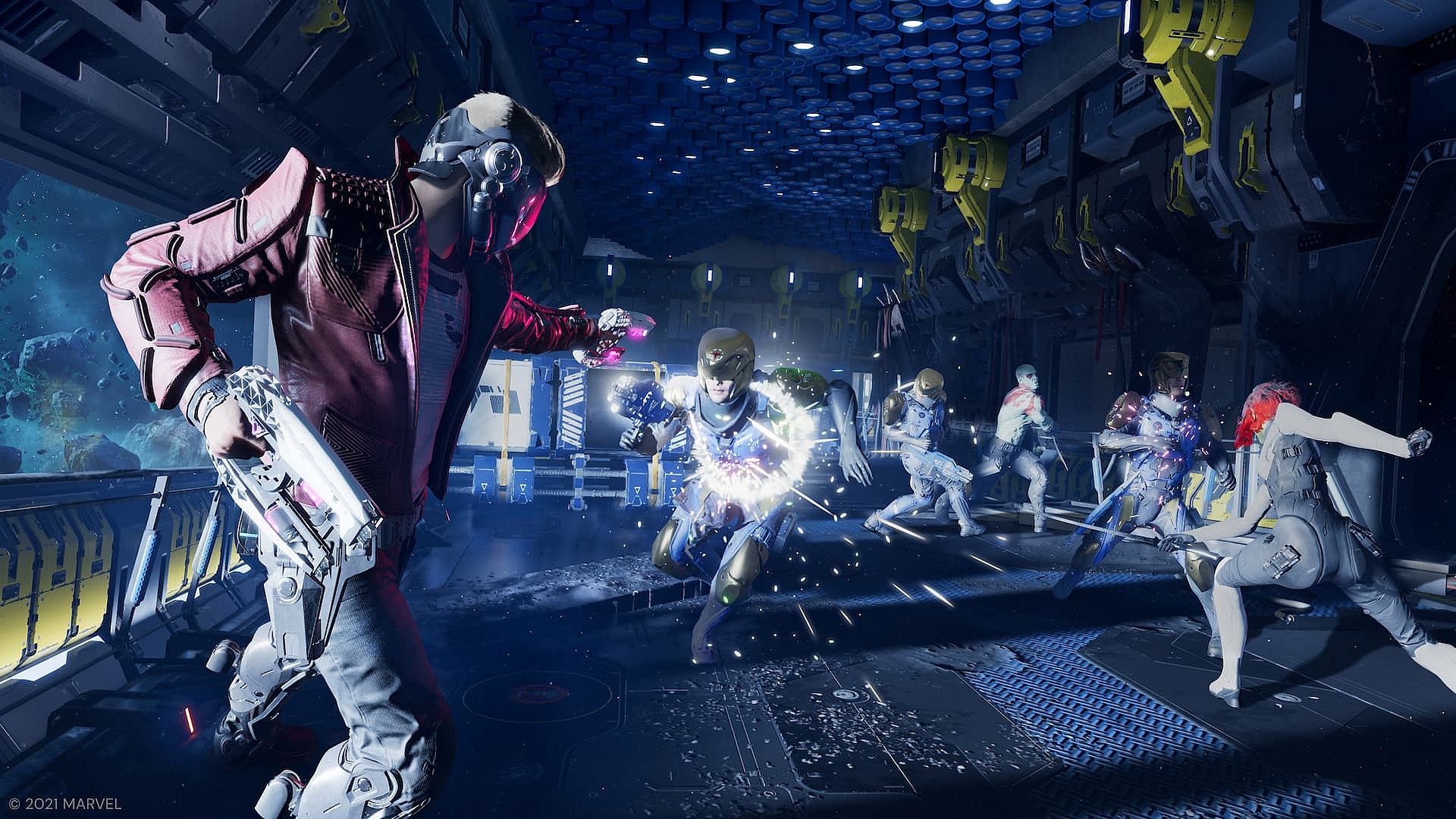
This isn’t the first Square Enix published Marvel title to have had poor sales.
In November 2020, Square Enix revealed that the Crystal Dynamics-developed Marvel’s Avengers – their only major release for that fiscal quarter – had resulted in a $48 million loss for the company. To little surprise, it was later confirmed the game had failed to offset its initial development costs.
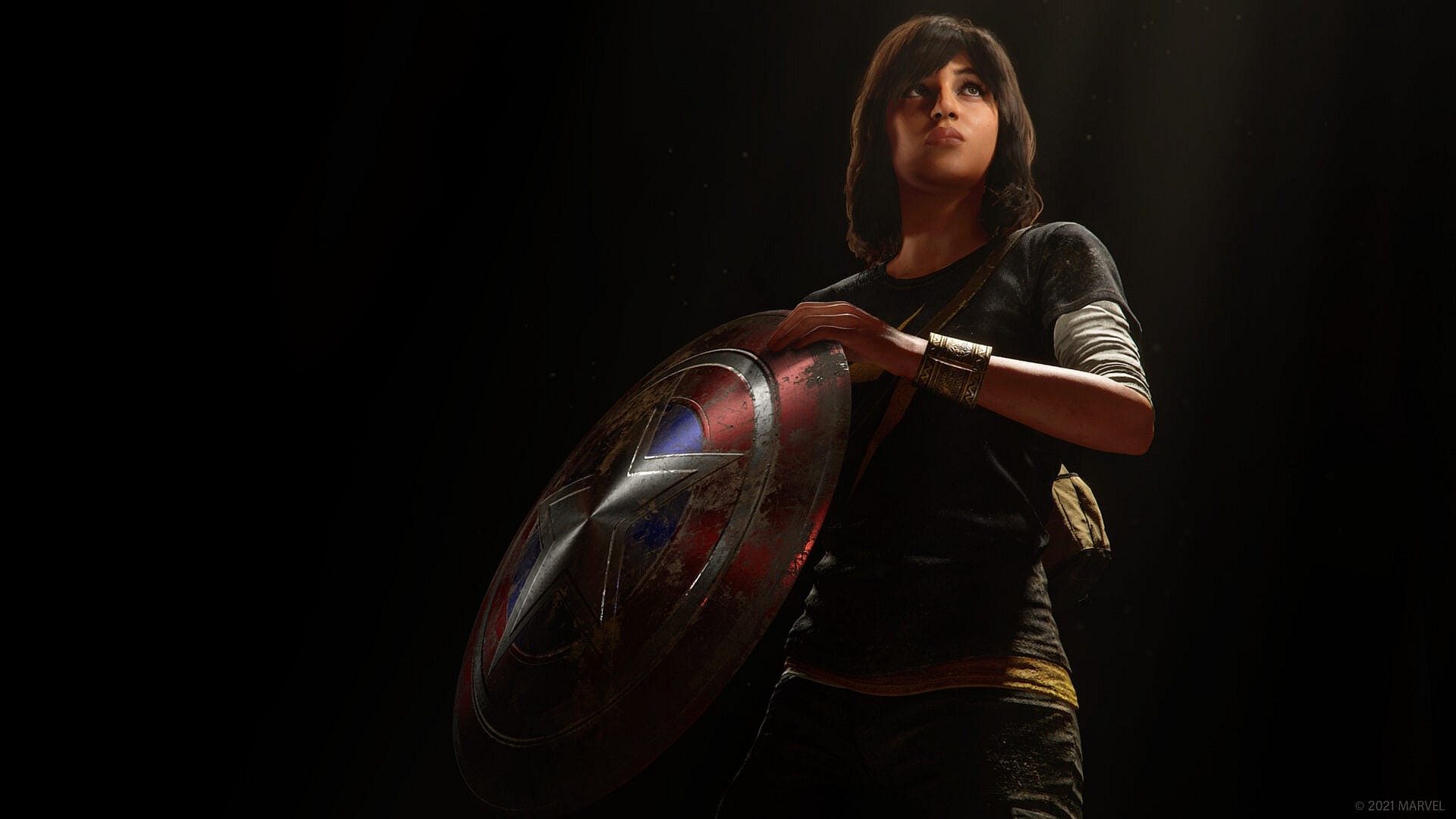
A year later, Matsuda admitted Marvel’s Avengers “produced a disappointing outcome,” explaining “taking on the Games as a Service model highlighted issues that we are likely to face in future game development efforts such as the needs to select game designs that mesh with the unique attributes and tastes of our studios and development team.”
It may be that Marvel’s Avengers’ poor reputation harmed the Guardians’ chances of ever taking flight – though general franchise fatigue is also a possible factor.
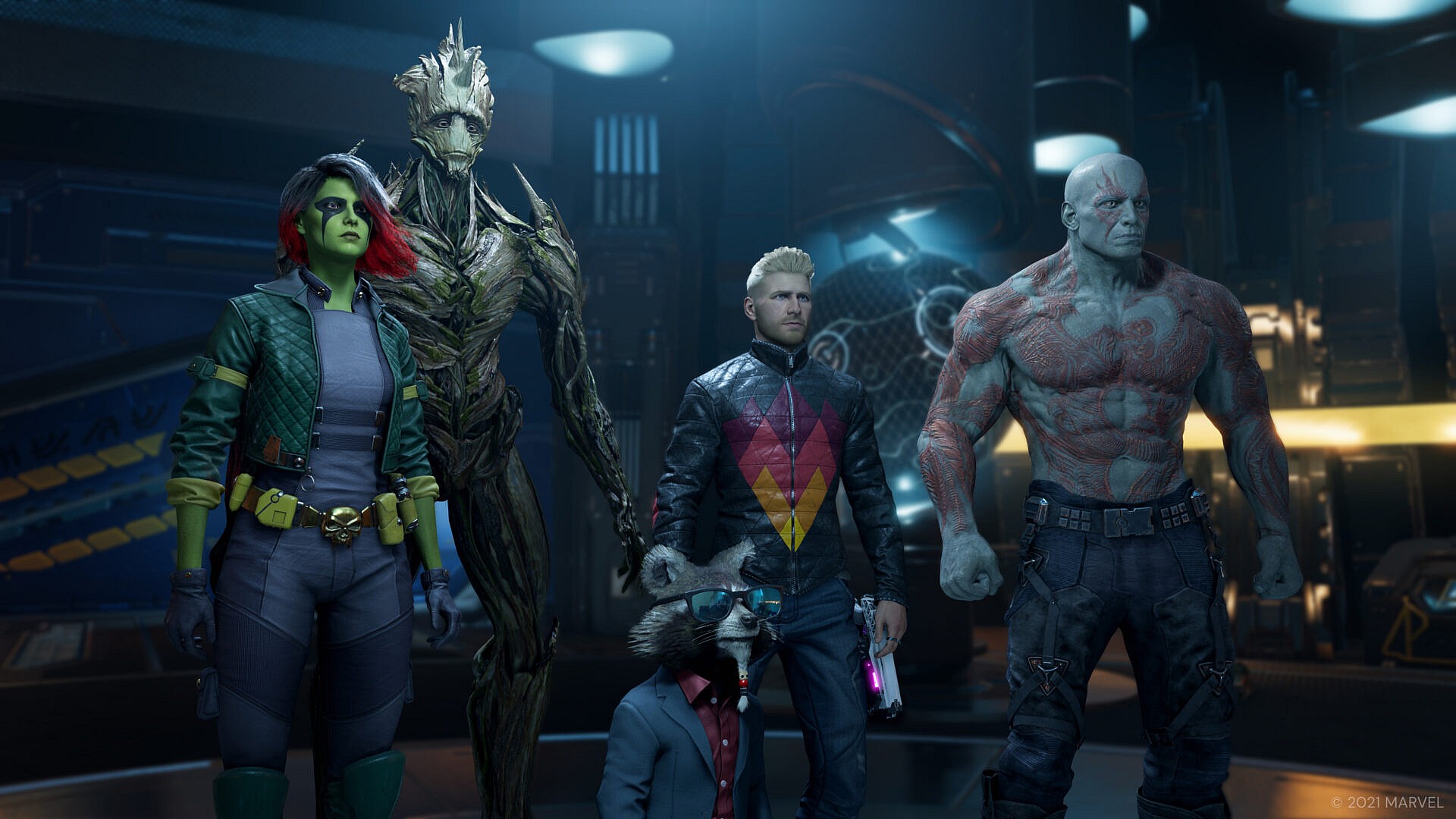
What do you think caused Guardians of the Galaxy’s initial failure? What about its revival? Let us know on social media and in the comments below!
NEXT: Rumor: New Leak Claims To Confirm Return Of Daredevil And Kingpin To The Marvel Cinematic Universe
